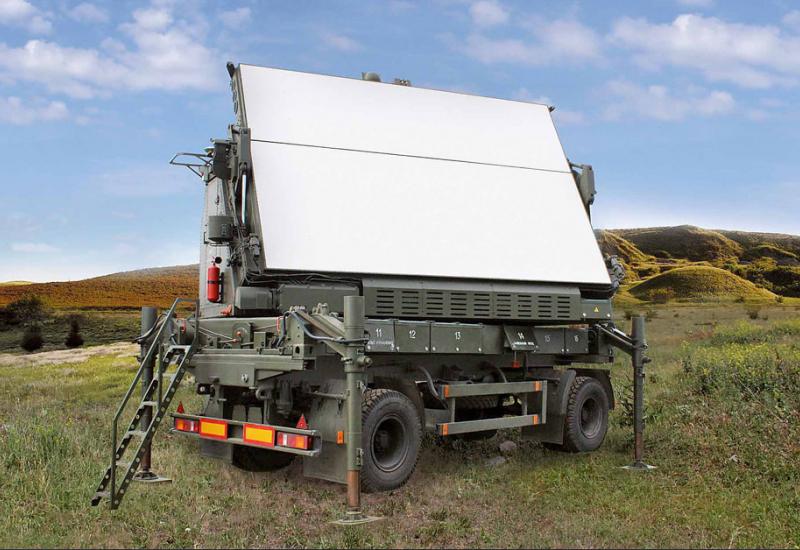With the help of modern radar stations, images of the earth's surface are obtained, which are used for weather forecasting, research of natural resources, geological exploration, monitoring of catastrophes, ecological pollution, etc. Also, these stations allow you to detect air, sea and ground moving objects, their coordinates and movement parameters.
To improve the functionality of such stations active phased array antennas (look photo) are used, and new solid-state microwave element base are used more frequently. The lattice consists of a large number of transceiver modules. About 70% of the energy consumed by the modules is dissipated in the form of heat and leads to poor performance and reduced reliability. Therefore, improving the cooling efficiency of transceiver modules is an extremely important issue worldwide.
One of the ways to solve this problem is to develop highly efficient cooling systems based on two-phase heat transfer devices - heat pipes that have an equivalent thermal conductivity of orders of magnitude greater than that of copper. However, heat pipes with sintered and grooved capillary structures require high-temperature sintering or extrusion processes. It is complicated and costly on practice.
TEF scientists have proposed to improve the cooling of transceiver modules with a new element base by removing heat from local powerful elements by heat pipes of simplified design, which do not require complex, long and expensive sintering of capillary structure at about 1000 ° C or high temperature extrusion.
The authors of the project plan to develop such designs of heat pipes, to study the laws of heat transfer in them and in cooling systems based on them. As a result of the project, the developers will form thermophysical and structural-technological bases for the creation of efficient and simpler and cheaper cooling systems based on simple and technological in the production heat pipes.
Developed design and technological solutions for heat dissipation, recommendations and documentation will be submitted for implementation to specialized enterprises of Ukraine.
Project leader - Yu.Ye. Nikolayenko, leading Research Fellow of ITF and AES Department, Doctor of technical Sciences, Senior Research Fellow (356 scientific works, h-ratio in Scopus = 8). The team of performers includes: a leading scientist with more than 40 years of experience in the development and research of heat pipes and cooling systems based on them, Doctor of technical Sciences, Professor of ITF and AES Department, Senior Research Fellow V.Yu.Kravets and young scientists, Candidate of technical Sciences D.V.Kozak, doctorant A.S.Solomaha, graduate students R.S.Melnyk and D.V.Pekur. It is planned to involve TEF student L.V. Lipnytsky in the project implementation.

